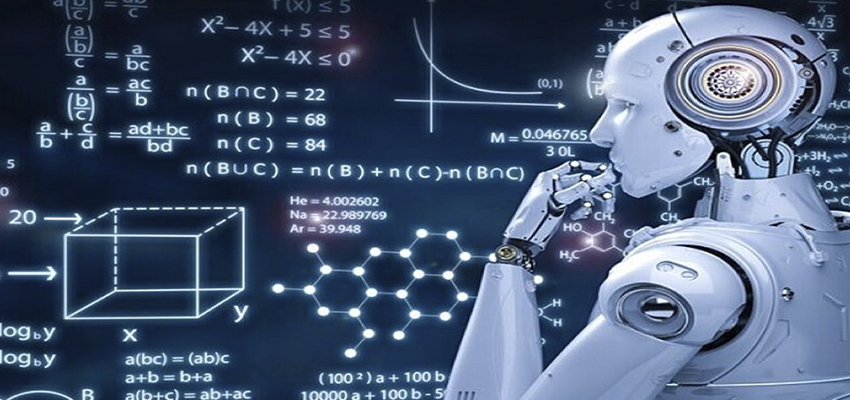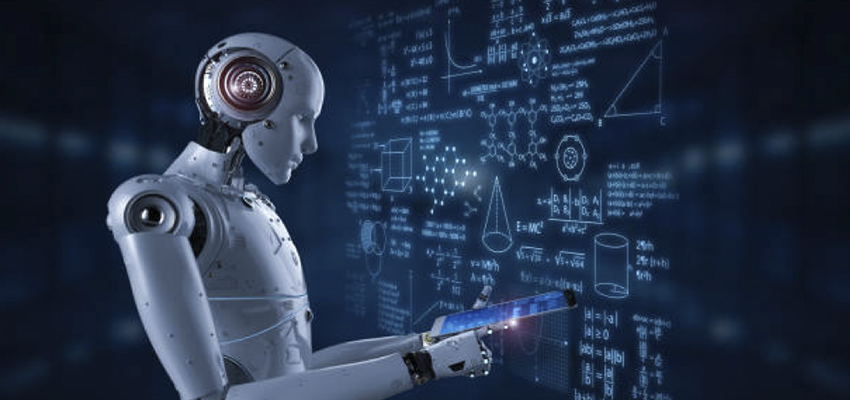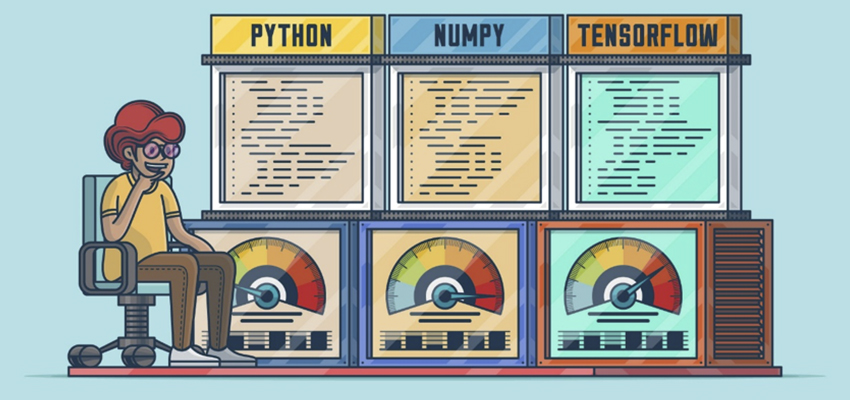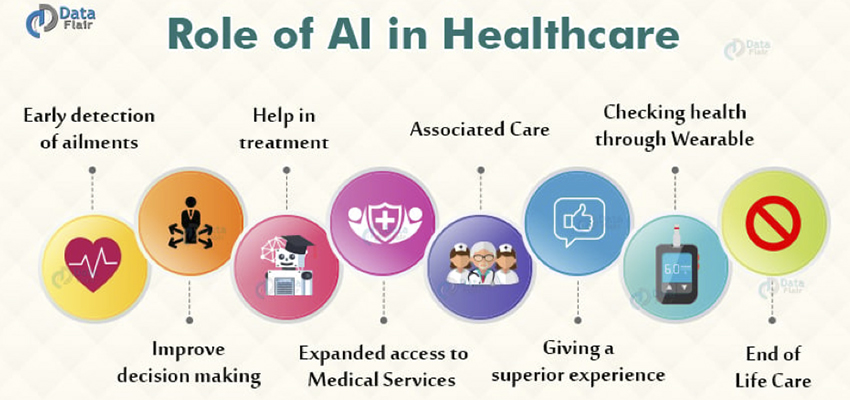What is Artificial Intelligence?
The field of artificial intelligence is very vast, and its development is evolving every day. The creation of computer systems capable of carrying out activities that normally require human intelligence is known as artificial intelligence or AI. Learning, thinking, problem-solving, perception, comprehending spoken language, and even interacting with the surroundings are some of these skills. AI aims to build artificial intelligence (AI) systems that can mimic human intelligence, including the ability to adapt, learn from mistakes, and complete tasks on their own.
How Does AI Deal with Different Areas of Life?
There are two main types of AI: narrow or weak AI and general or strong AI. Narrow or Weak AI was created and honed for a specific purpose. It does a single task well, yet its capabilities are restricted to that area. Software for image recognition, recommendation algorithms, and virtual personal assistants like Siri are a few examples. General or Strong AI is a more sophisticated type of artificial intelligence (AI) that can comprehend, learn, and apply knowledge to various activities; in other words, it can do any intellectual work that a human can. Research on general artificial intelligence is currently underway, and it is still mostly theoretical.
How Will Students Explore the World of Artificial Intelligence in BSc (Hons) Computing?
In a BSc (Hons) computer program, studying artificial intelligence (AI) requires a blend of theoretical knowledge, real-world applications, and practical experience.
AI mostly uses statistical and mathematical ideas. The fundamental ideas behind the algorithms and models used in artificial intelligence can be better understood by taking courses in linear algebra, calculus, probability, and statistics. In BSC(Hons) Computing, students can learn all the techniques.
A solid basis in broad computing principles, such as computer architecture, programming, algorithms, and data structures, should be established first. This serves as the foundation for comprehending AI concepts and applications. For AI, a strong foundation in mathematics and statistics is essential for BSC (Hons) Computing students.
You can better understand the mathematical foundations of machine learning algorithms by taking courses in calculus, linear algebra, probability, and statistics.
BSC (Hons) Computing provides the foundations of artificial intelligence, including knowledge representation, search methods, reasoning, and problem-solving. Recognise the background and development of AI. Dive into the area of machine learning, which is under AI. Examine regression, classification, clustering, supervised and unsupervised learning, and other methods. Practical knowledge of machine learning frameworks such as TensorFlow or Py Torch is beneficial.
How Is AI Helping in Every Field of Life?
AI (Artificial Intelligence) is helping to produce contributions and success in every sector of life. Artificial intelligence, or AI, is revolutionising many fields, improving efficiency in many aspects of life, and transforming how activities are completed. It is helping people in healthcare, education, finance, energy, and language translations.
AI is helping in the Healthcare sector. AI is Artificial intelligence algorithms that aid in the interpretation of medical imaging, including CT, MRI, and X-rays, which helps in the early detection of diseases. By evaluating large datasets to find promising medication candidates and estimate their efficacy, artificial intelligence (AI) speeds up the drug discovery process.
How Does AI Help in the Field of Education?
Through performance analysis of individual students, AI may generate personalised learning experiences by modifying course materials appropriately. Grading procedures can be automated by AI technologies, giving teachers more time and giving students feedback more quickly.
AI Learnings for IT Students and Making Life Easier for Daily Tasks
Transportation, manufacturing, customer services, agriculture, energy, and language translations are tasks that are now very easy to regulate with the help of AI. The development of self-driving cars and other autonomous vehicles relies heavily on artificial intelligence (AI). By using predictive analytics, AI helps to optimise traffic flow and lessen congestion. By analysing equipment data, artificial intelligence (AI) can forecast when gear will likely break, enabling preventive maintenance and cutting downtime. On production lines, AI-powered vision systems can inspect and guarantee product quality. AI-driven chatbots increase customer service productivity by instantly responding to consumer inquiries and managing repetitive chores.
AI-driven voice recognition technologies improve communication with clients and expedite procedures. Artificial intelligence analyses data on crop health, soil conditions, and weather to help improve agricultural methods. AI-equipped drones can keep an eye on crop health and identify problems early. Artificial intelligence maximises the distribution and use of energy in smart networks, enhancing productivity and cutting waste. By using AI to forecast equipment breakdowns in the energy infrastructure, proactive maintenance may be carried out. Real-time language translation is made possible by AI-powered systems, which make cross-language communication easier. These examples show how AI is being used in a variety of industries to improve productivity, accuracy, and decision-making, which eventually leads to improvements across a range of spheres of human endeavour.
As we know, AI is making our lives easier, and IT students are the future of AI because they are exploring and learning AI as well. Mont Rose College is one of the best institutions focusing not only on classroom learning but also on the practical implementation of the new and advanced areas of AI. MRC students are exploring the practical implementations of the new ideas. The learning environment which the MRC is providing is the best for the BSC (Hons) Computing students.
Click on the link below to get more information on BSc (Hons) Computing:













